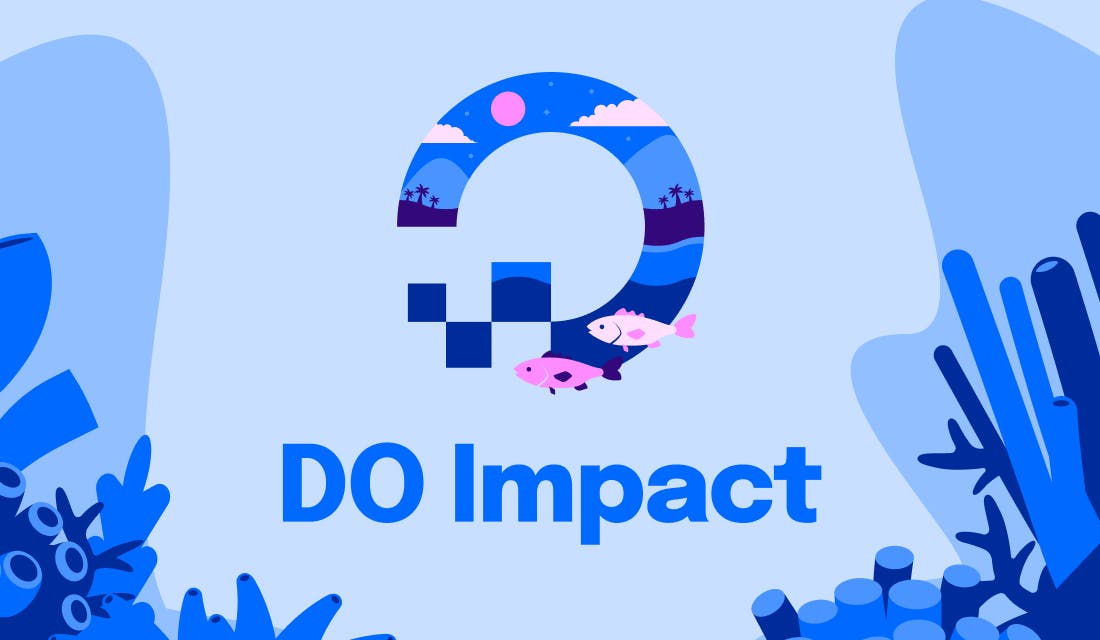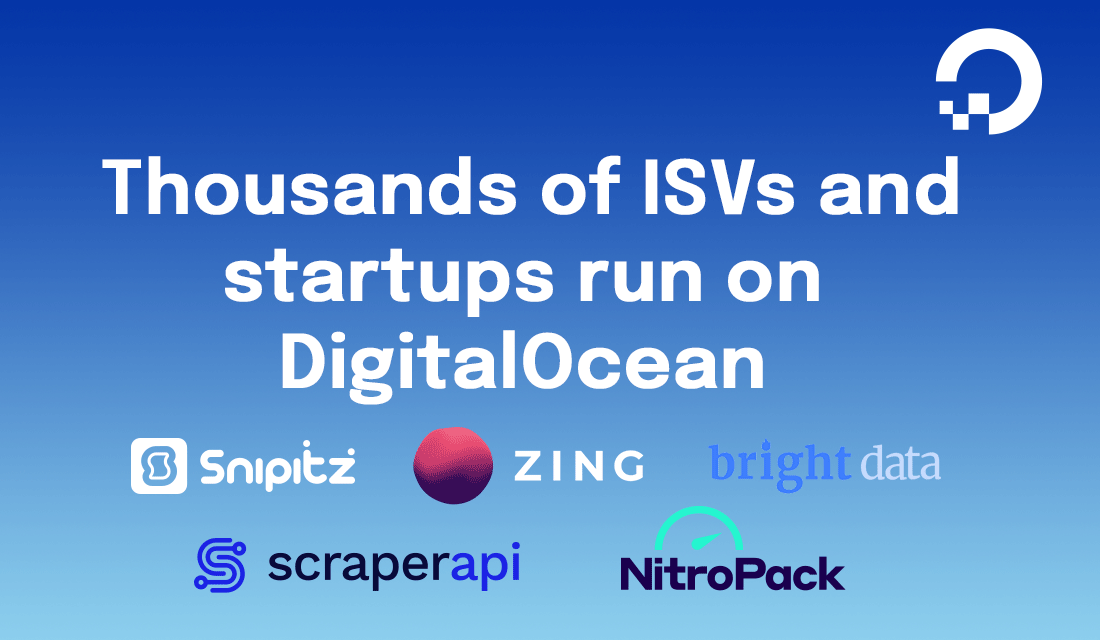Founder Q&A: Dillon Erb and Daniel Kobran of Paperspace on their recent DigitalOcean acquisition and the future of AI
DigitalOcean recently acquired Paperspace, a leading provider of cloud infrastructure for highly scalable GPU-accelerated applications, such as AI/ML applications. We spoke with the Paperspace founders, Dillon Erb and Daniel Kobran, about how Paperspace first came to be, the challenges and successes they’ve faced as they grew, and what they think is next for the fast-growing AI industry.
Q&A with Paperspace founders Dillon Erb and Daniel Kobran
DigitalOcean: Welcome to DigitalOcean, we’re excited to have you and the rest of the Paperspace team on board! Can you first tell us, what were your backgrounds prior to Paperspace and how did the company get started?
Paperspace: We met at the University of Michigan’s architecture school, when we were both getting our Master of Architecture degrees. Michigan’s architecture program is known for its emphasis on digital computation (where software and building overlap), and in our senior year we were doing structural simulation work and realized the power of using graphical processing units (GPUs) for crunching lots of data and building powerful, parallelizable applications.
When we started to dive deeper into GPUs we saw that GPUs could be powerful for not only simulation projects but also for emerging machine learning and other applications, and thought if we could make it easier to access GPUs we could unlock a ton of emerging applications. We decided to start a company around GPUs, and applied to the tech accelerator YCombinator on a whim to help us build the idea and get investors. We got into their 2015 batch with a set of all-stars advisors including Garry Tan (who runs all of YC now), Alexis Ohanian (who started Reddit), and Justin Kan (the founder of Twitch – one of the first companies to really use GPUs in the cloud).
DigitalOcean: Did you always plan to focus on AI workloads or has that shifted over time?
Paperspace: We thought GPUs would be big since they were useful for visual streaming, gaming, and more. In the early days of the company around 2016-2017 we started to see that the biggest group of users were using deep learning models, so we started building more tailored tools for AI/ML workloads. The space has changed so much, and a year or two ago we started to see large language models (LLMs) start to take off, with the space growing even more in the past 6 months.
DigitalOcean: How did you first get connected to DigitalOcean?
Paperspace: We’ve always been close to DigitalOcean, as we’re based in New York where DO is also headquartered, and some of our early engineers came from DO. We also took a lot of inspiration from how DO did things—we felt that everyone should be able to sign-up without talking to sales, similar to DigitalOcean’s self-service model. The other thing we took from DigitalOcean was their content marketing - we realized that there were many students and others who wanted to learn AI, so we launched our Paperspace blog modeled after DigitalOcean’s tutorials. We first met Yancey [DigitalOcean’s CEO] four years ago, and have stayed in touch over the years.
DigitalOcean: What are some challenges you had to overcome during Paperspace’s journey?
Paperspace: We had some technical challenges along the way when first building our GPUs, which involved a lot of testing things to get the GPUs to show up on the server. We also realized we had to be super intentional about every dollar we spent, and maintain morale even with a small team. Scaling a business can also be challenging — when you’re really small it’s easy to talk to the right person to get something done, but when you grow you need to build processes while still keeping up the momentum of a smaller team.
DigitalOcean: What excites you most about the AI/ML industry today?
Paperspace: The AI/ML industry is moving so quickly, keeping up with changes is hard. We’re in a radical innovation phase with so many things being tried out. AI models are fundamentally transformative, and they will make their way into everything—if you were a mediocre coder, you can become an advanced coder, and even if you’ve never coded before you can build apps with AI. There are still challenges around it, but we’re very optimistic about the future of AI.
DigitalOcean: Finally, tell us what makes Paperspace unique from other solutions out there.
Paperspace: We’re a GPU cloud provider at a high level, with a set of tools added in that are targeted to training, fine-tuning, and ultimately deploying machine models into production. Our biggest differentiator is that we’re much simpler than other solutions. We wanted to bring radical simplicity to the product—you can do what we offer in the big cloud providers, but it’s much harder. We also value transparency in terms of billing so developers and students using the product aren’t hit with surprise bills. We know DigitalOcean is also committed to simplicity and billing transparency which made it a great fit for us.
Try Paperspace today
To try out Paperspace GPUs today, sign up on their website! You can also keep up with AI trends and tutorials on the Paperspace Blog, which has tutorials, sample apps, and more created by the Paperspace research team and community.


